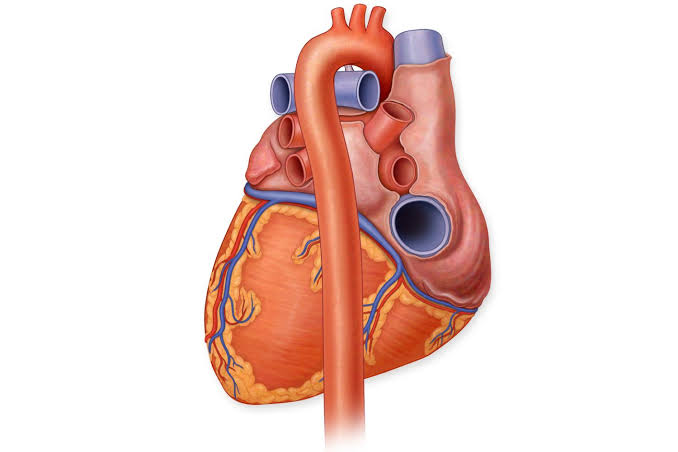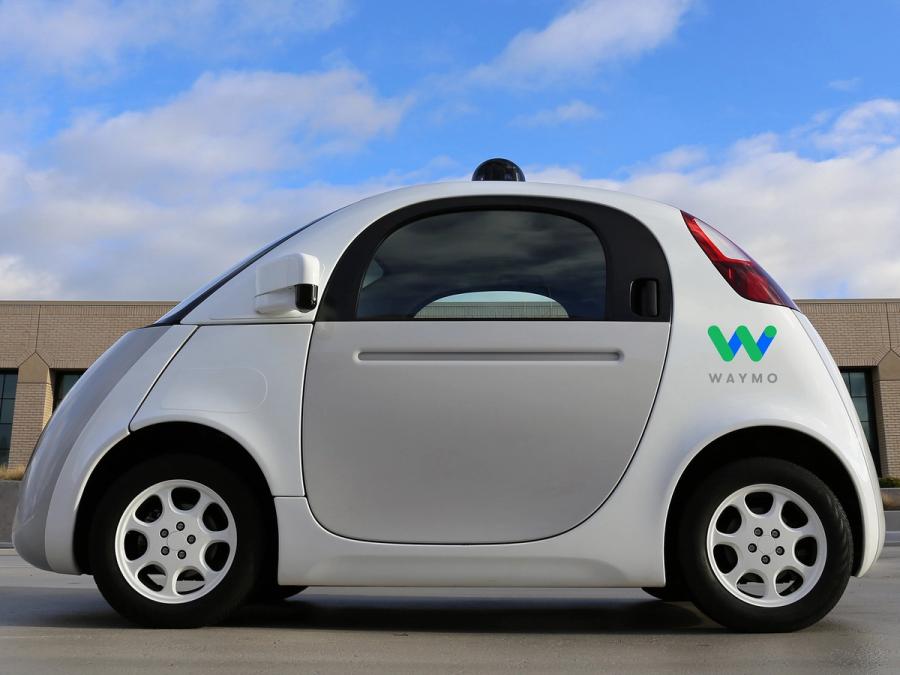Chinese automakers have long dominated mass-market cars, but now they’re stepping into hypercar territory. In a stunning twist, BYD’s all-electric Yanwang U9 Extreme has dethroned Europe’s finest. Driven by Marc Basseng at Germany’s Papenburg test track, the U9 Extreme blasted to 308.37 mph (496.22 km/h). That makes it the fastest electric car in history and, depending on the criteria, the fastest car outright, beating Bugatti’s Chiron Super Sport 300+ six-year record.
The U9 Extreme’s performance comes from sheer brute force. Four electric motors generate 2,978 horsepower, making it the most powerful production car ever built. It runs on the world’s first 1,200-volt production platform and uses denser batteries than anything else in BYD’s lineup. At Papenburg, Basseng was already pushing 186 mph (300 km/h) around the bank before unleashing full power on the straight. Onboard footage shows the U9 drifting slightly left at 300 mph (483 km/h), dangerously close to the barrier. Still, Basseng held on until the car peaked at 308 mph before backing off.
There’s a catch. Official speed records require a two-way average, and by that standard, SSC’s Tuatara still holds the title with 282.9 mph. Bugatti’s 304 mph run also failed to qualify for the same reason. Nevertheless, BYD’s one-way achievement proves the U9 Extreme is the fastest EV on Earth, making it a legitimate new king of speed.
And the U9 Extreme isn’t just about straight-line velocity. It recently lapped the Nürburgring Nordschleife in 6:59.157, six seconds quicker than Rimac’s Nevera and only three seconds slower than Porsche’s GT3 RS. For now, production of the U9 Extreme is limited to just 30 units. But BYD has signaled a shift: China is no longer just competing in hypercars—it’s leading the charge.












